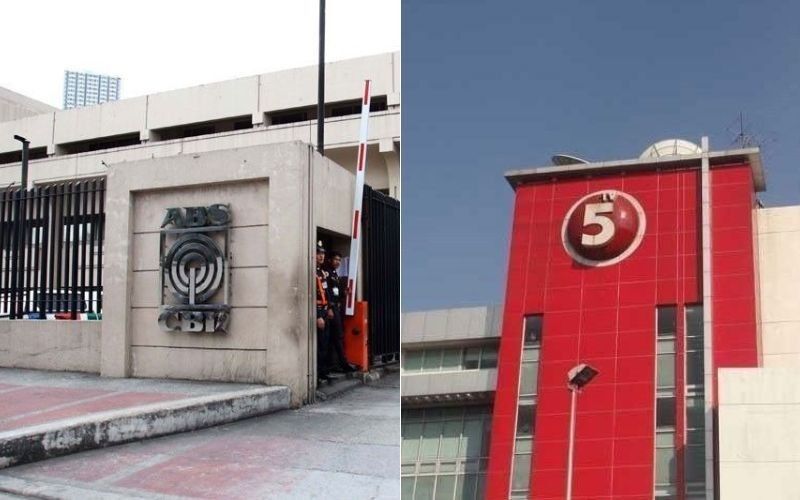ABS-CBN, TV5 terminate investment deal

MANILA, Philippines (Updated, 10:47 a.m.) — ABS-CBN Corp. and TV5 "mutually" agreed to terminate their investment agreement amid a political firestorm raised by lawmakers that had lobbied for the shutdown of the Lopez-led network.
ABS-CBN Corp. bared the investment agreement’s fallout in a disclosure to the Philippine Stock Exchange early Thursday morning. TV5 is owned by Manuel V. Pangilinan’s MediaQuest Holdings.
The investment deal would have seen ABS-CBN Corp. acquiring 34.99% equity in TV5 and a convertible note agreement issued by the latter broadcasting company. TV5 would have utilized proceeds from the deal, totaling P4 billion alongside P1.84 billion convertible note in tow, to fund its capital and operating expenditures.
At the same time, Pangilinan-led Cignal Cable Corp.’s planned investment in the Lopezes’ SkyCable has been scrapped as well. Had this deal pushed through, Cignal would have acquired a 38.88% equity interest in Sky and lend P4.39 billion to the Lopez Group.
“The termination was also formalized through a Memorandum of Agreement. The Parties confirmed that they have not implemented any of the transactions covered by the Investment Agreement and the Convertible Note Agreement,” the disclosure read.
Trading of ABS-CBN shares resumed after a one-hour halt meant to give investors time to digest the news. As of 10:47 a.m., shares in ABS-CBN were trading down 7.65%.
The decision to abandon the landmark deal came over a week after the two media giants agreed to pause the closing of the transaction as they hoped to answer the issues raised by the same lawmakers who lobbied to deny ABS-CBN's franchise renewal.
The deal would allow ABS-CBN to air some of its programs on TV5, giving it access to a wider audience for its content. Since its painful shutdown, ABS-CBN has struggled to monetize its content, although the company has managed to trim its losses amid its aggressive shift from free TV to digital.
An estimated 11,000 employees of ABS-CBN, mostly in its news and entertainment production segments, lost their livelihood after the network went off air.
"This is an unfortunate development and bodes ill for the future of business, governance and talent in the Philippines. It shows how extraneous factors can terminate initiatives which could have raised our standards of public service, culture and innovation," Terry Ridon, convenor of InfraWatch, a public policy think tank, said in a commentary.
"This also serves as a warning to business: that free enterprise will only be free if businesses align with the politics of those in power," he added.
- Latest
- Trending


























